Your behavior and lifestyle during the day have an enormous impact on the quality of your sleep. If you regularly spend hours staring at your clock hoping to fall asleep, there are several things you can do to help you fall asleep and stay asleep. These three healthy sleep habits — sometimes referred to as “sleep hygiene” — can help you sleep better each night.
3 Tips to Improve Your Sleep Quality
1 – Manage Your Circadian Rhythm
Your body’s internal clock, or circadian rhythm, is a crucial part of regulating your sleep cycle. By going to bed and waking up at the same time every day, your body begins finds it’s natural sleep rhythm.
Along the same lines, the light in your environment and your circadian rhythm are closely linked. As your environment gets darker, your brain begins to release melatonin to start the process of falling asleep. When light streams into your bedroom, your body naturally begins to wake. Avoid excess light in the evening and get some sunlight in the morning to help regulate your circadian rhythm.
Convenience is not the only reason to establish a regular sleep cycle. People with inconsistent sleep schedules report higher levels of irritability, drowsiness, and trouble concentrating. By understanding and managing your circadian rhythm, you can work towards better sleep quality and a healthier life.
2 – Make Your Bedroom a Sleep Oasis
If you spend hours each day watching Netflix or browsing Instagram in bed, your brain won’t associate it as the place where you sleep. You should only use your bed for two things: rest and sex.
Spending time on electronics while in bed before you go to sleep stimulates your brain right when it should be winding down. Research also suggests that the blue light emitted by electronic devices suppresses melatonin production in your brain. Avoid screen time within an hour of bed and your sleep will improve.
3 – Be Careful What You Consume Before Bedtime
You likely already know that caffeine is a stimulant and should be avoided before bedtime. That means no coffee, tea, soft drinks, or chocolate — at least four hours before you go to bed. But caffeine is not the only substance that can disrupt your sleep.
Alcohol should also be avoided before you go to sleep because it can block REM sleep — often considered to be the most restorative sleep. Large meals and spicy foods can also cause sleep problems if you experience indigestion. If you are hungry before you go to sleep, keep it light, and give yourself time to digest.
Still Sleeping Poorly? You May Suffer from a Sleep Disorder
If you still have trouble achieving restful sleep, consider sleep testing with Common Sleep. Millions of people struggle to sleep on a nightly basis with an undiagnosed sleep disorder. At Common Sleep, our accredited sleep clinic offers both in-lab testing or at-home sleep testing options. Get started on the path to quality sleep today.


